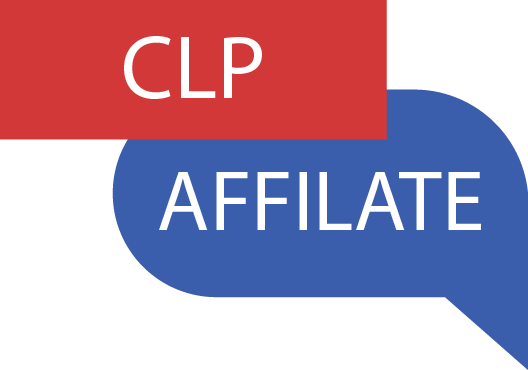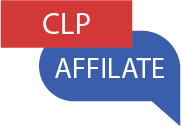We know mortgage rates are projected to keep rising, so what’s a cost-effective solution if you need a home loan today?
Well, one idea is to look beyond the popular 30-year fixed, which is no longer a screaming bargain.
For the past several years, fixed-rate mortgages were often priced the same or even lower than adjustable-rate mortgages.
That was somewhat odd, but a product of the Fed buying up billions in mortgage-backed securities tied to 30-year and 15-year fixed-rate maturities.
Now that the Fed is done with that, we’ve got a level playing field again, which means an ARM could be worth another look.
A 6% 30-Year Fixed Could Be in the Cards This Summer
First things first, there’s a lot of upward pressure on the 30-year fixed right now.
Despite interest rates already rising from below 3% to 5% in a matter of three months, they could go even higher.
The expectation is that the Fed is going to keep aggressively raising its target fed funds rate, which could translate to higher interest rates for consumer loans like mortgages.
This could go on for some time as a means to control inflation and cool down an overheated economy.
Simply put, mortgage rates could get worse before they get better.
But I do expect them to get better within a reasonable timeframe, which I why I recently argued that they could be close to peaking.
However, we may still face higher rates through the summer, which is why an ARM could be just the thing to weather this storm.
ARMs are often a temporary solution, not a long-term fix. So using one to avoid a pricey 30-year fixed-rate mortgage could be a smart move.
This is especially true if you can get your hands on a cheaper 30-year fixed in a few months or late this year.
All you’d need to do is apply for a mortgage refinance at that time, and trade in your ARM for a cheaper 30-year fixed, assuming this goes to plan.
An ARM Could Bridge the Gap Until Mortgage Rates Calm Down
As noted, ARMs are beginning to look a lot cheaper than their fixed-rate counterparts, which is how it should be.
After all, you should receive a discount for taking on the risk of an adjustable interest rate.
Conversely, you should pay a premium if you get to enjoy the safety and security of a fixed-rate mortgage.
Now that the 30-year fixed is averaging about 5%, it could be time to look at other options, such as hybrid ARMs that offer an initial fixed-rate period.
One such popular choice is the 5/1 ARM, which is fixed for a full five years (or 60 months) before becoming annually adjustable.
At the moment, it’s averaging roughly 3.56%, per Freddie Mac. Meanwhile, the 30-year fixed is apparently hovering around 5.25% these days.
That’s a pretty solid spread between the two products, and potentially enough to justify the risk of the ARM resetting higher in the future.
Your ARM May Never Actually Adjust
While some might hear the phrase adjustable-rate mortgage and automatically freak, they’re not as scary as they’re often made out.
Because you get that long period of fixed-rate safety, it could serve as a fixed-rate mortgage in practice.
You may never hold it long enough to the point where it actually becomes adjustable.
For example, you may only need the ARM for a year before the 30-year fixed is back down to say 4%.
Or you may sell your home before the five years are up, thus enjoying a fixed-rate the entire time you hold your loan.
To summarize, with fixed mortgage rates now so expensive, other loan programs should at least be considered.
Especially if this interest rate trend reverses course and we see a correction of sorts.
Given their rapid ascent, there’s a good chance they fall back down to earth, whether it’s later this year or in early 2023.
At the same time, you may also want to opt for a no cost mortgage if you expect to refi the loan sooner rather than later.
(photo: CJ Anderson)



